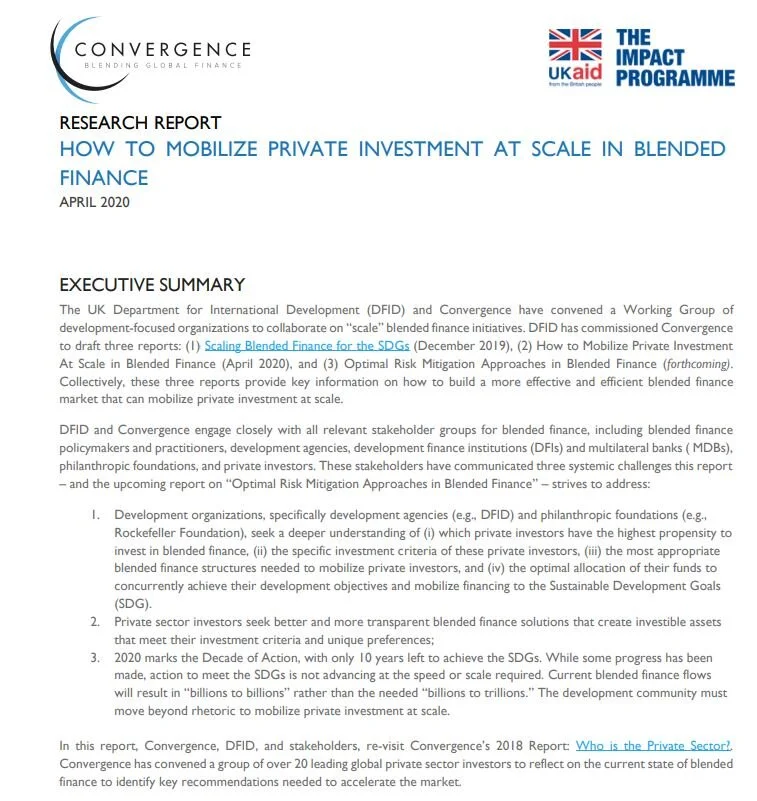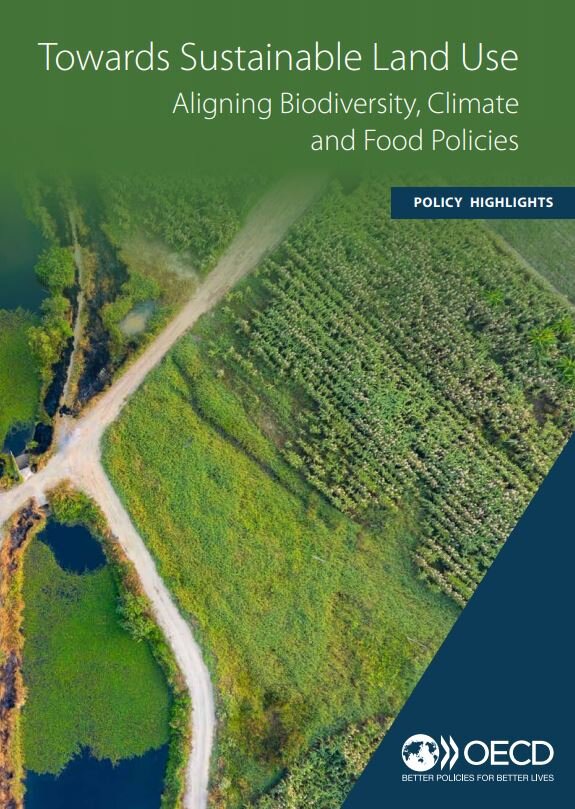A new global study has found that only 2.5 percent of tropical reefs are formally protected and conserved through laws and regulations. These numbers are significantly lower than previous estimates, and highlight an urgent need for governments, communities, and partnering organizations to create and expand marine reserves to protect these ecosystems which support more than 500 million people worldwide.
Photo: The Ocean Agency / XL Catlin Seaview Survey









